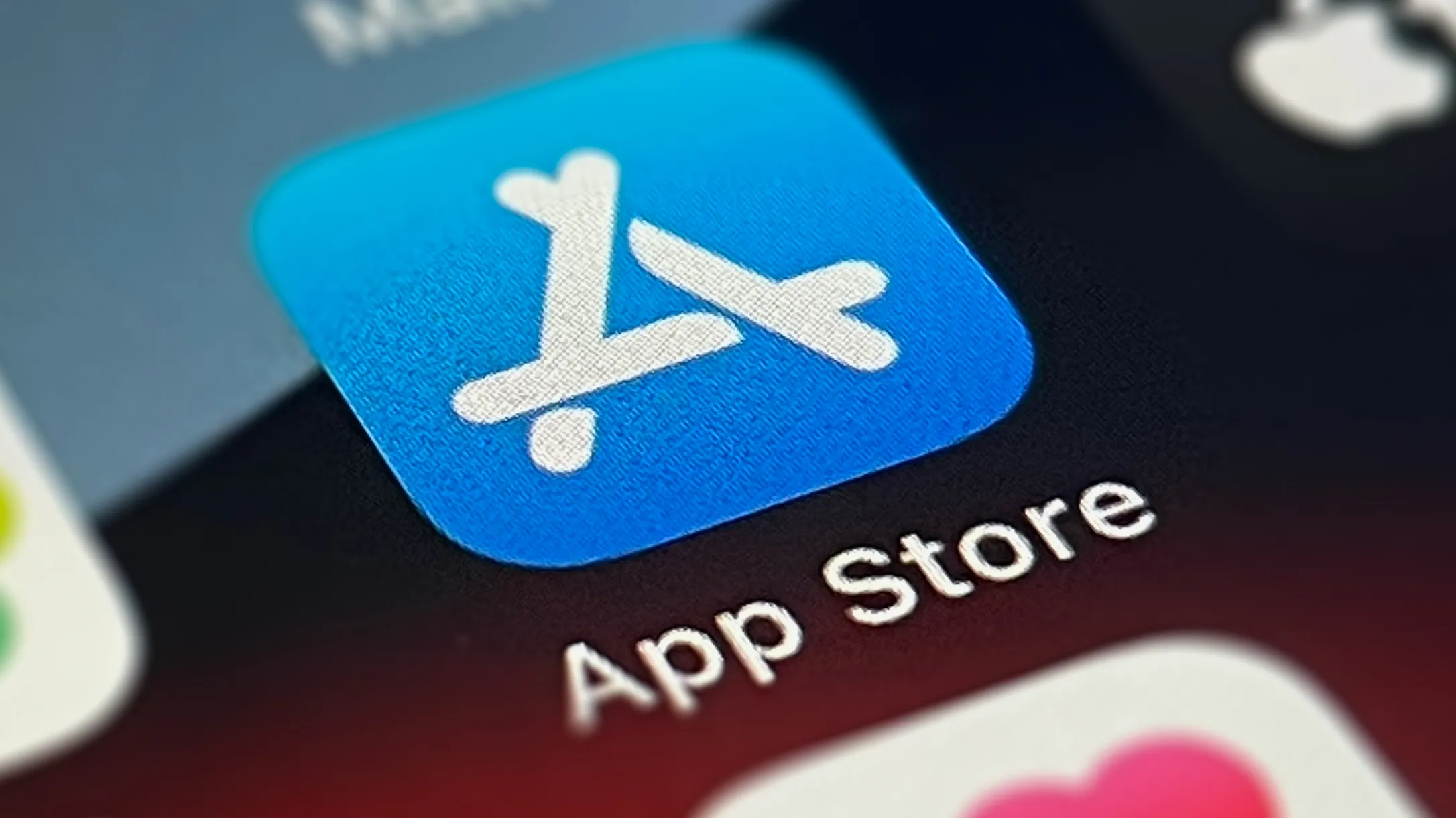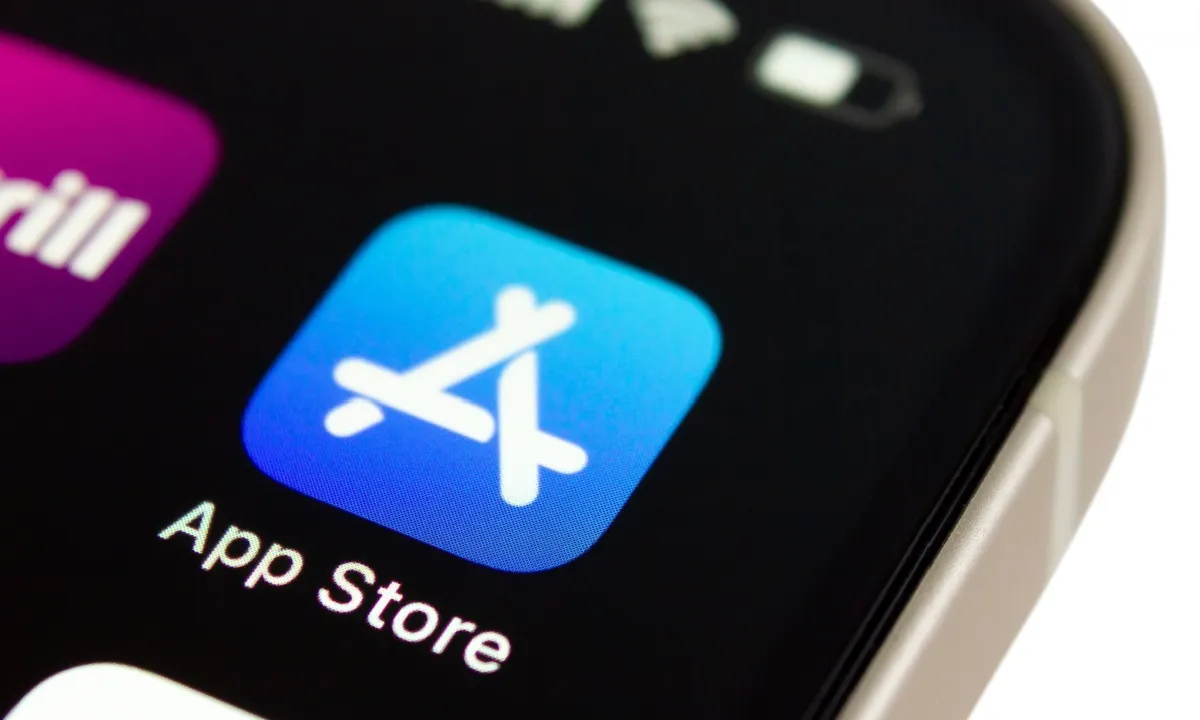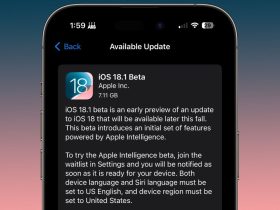In response to a recent EU ruling that deemed Apple’s App Store anti-steering policies in violation of the Digital Markets Act, Apple has announced significant changes to its App Store rules. These changes primarily address how app developers can link out to external websites to inform users about alternative payment methods.
Previously, Apple imposed stringent restrictions on these links, such as requiring static URLs and prohibiting the inclusion of parameters that could identify logged-in users.
These restrictions have now been lifted, allowing developers to use dynamic URLs that can lead users to various destinations, including alternative sales channels like other app marketplaces. Additionally, Apple has introduced a new fee structure for apps that utilize these links.
The new rules mark a departure from Apple’s earlier policies, which enforced strict guidelines on how apps could direct users to external payment options. Previously, links had to be static and direct users to the developer’s website without any user-specific data in the URL, limiting the potential for personalized user experiences.
However, with the latest changes, developers now have more freedom to create dynamic, actionable links that can direct users to a broader range of destinations, including other marketplaces. These links can include parameters, provided they are not used for advertising or profiling purposes.

Another key update is that Apple now permits these external links to open within the originating app as a modal web view, rather than forcing users to switch to an external browser like Safari.
This change is part of a broader update that includes a redesigned user disclosure sheet, which now offers users an option to opt out of seeing these sheets when interacting with external purchase links in the future. While developers currently need to implement this disclosure sheet manually, Apple has announced plans to automate its management through a future iOS update using the ExternalPurchaseCustomLink API.
Developers operating in the EU can now take advantage of these new linking capabilities without having to agree to alternative business terms, which means they can remain in the App Store without paying the Core Technology Fee on installs.
However, Apple has introduced a new fee structure specifically for apps that use these link-out features. This two-tiered system includes the Initial Acquisition Fee, which is a commission on sales of digital goods and services made by a new app user within the first 12 months after downloading the app, and the Store Services Fee, which applies to sales made within a 12-month period following any app install, update, or reinstall.
The two-tiered fee structure means that developers will incur both the Initial Acquisition Fee and the Store Services Fee for new users during the first year. After 12 months, the Initial Acquisition Fee drops off, but the Store Services Fee continues as long as the user remains active with the app.
It’s important to note that these fees only apply to new purchases of digital goods or services, so existing subscriptions and renewals are exempt if the app was downloaded after the initial purchase.
However, if a user downloads the app on an iOS device but later makes a purchase on a different platform, such as a Windows PC or Android tablet, Apple will still charge the fees, viewing the iOS app download as the catalyst for the sale.
The rates for these new fees vary depending on whether developers are operating under EU alternative business terms or standard App Store terms. For those under EU alternative terms, the Core Technology Fee still applies, and the new fees are set at 5% for the Initial Acquisition Fee and 10% for the Store Services Fee (with reductions for members of the App Store Small Business Program).
For developers using standard business terms, the Core Technology Fee does not apply, but the Store Services Fee is higher, at 20% (reduced to 7% for small businesses). This results in a complex fee structure that developers will need to carefully navigate, but Apple claims the new system offers lower overall fees for linking out, particularly for existing users.







Leave a Reply